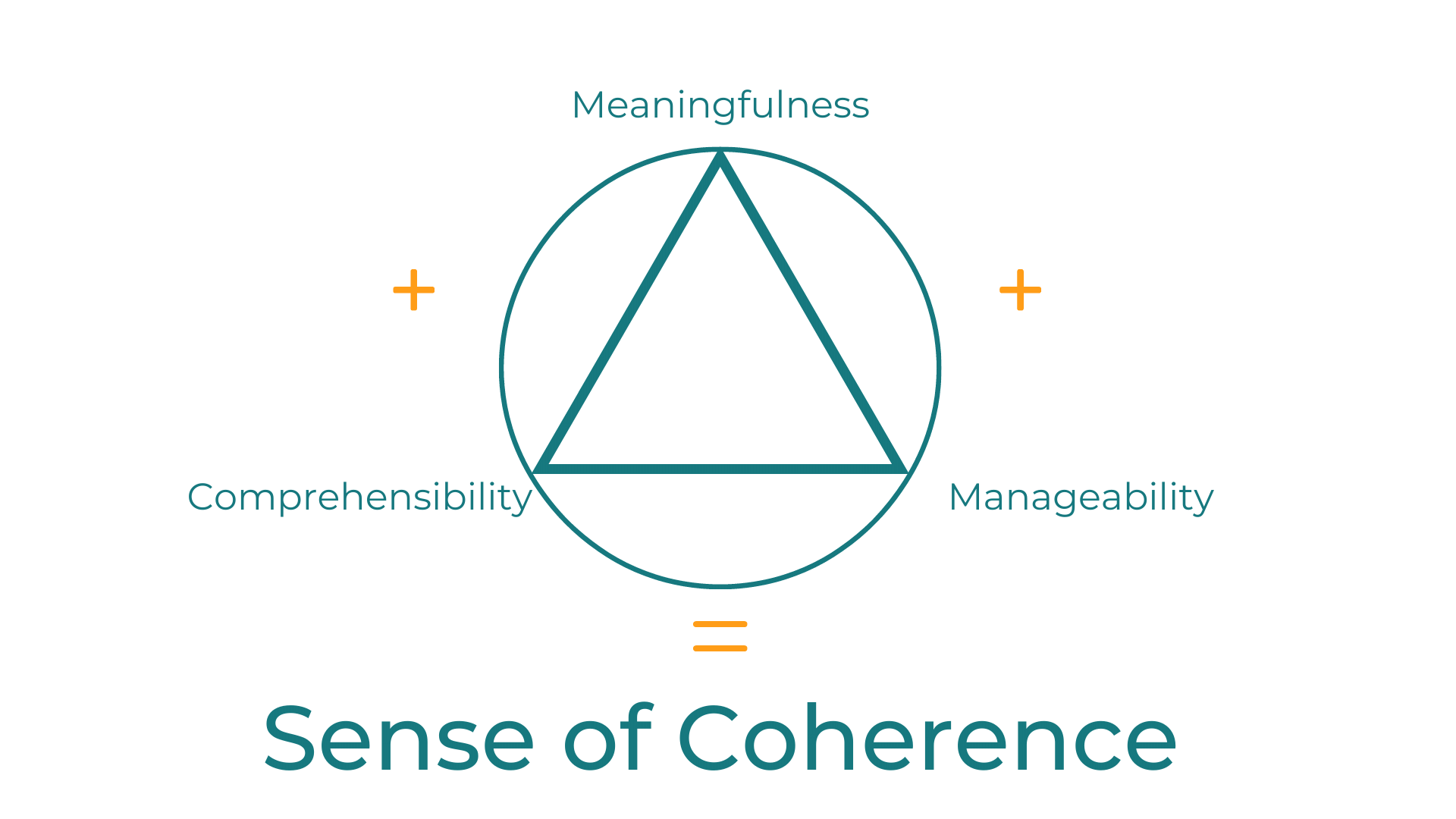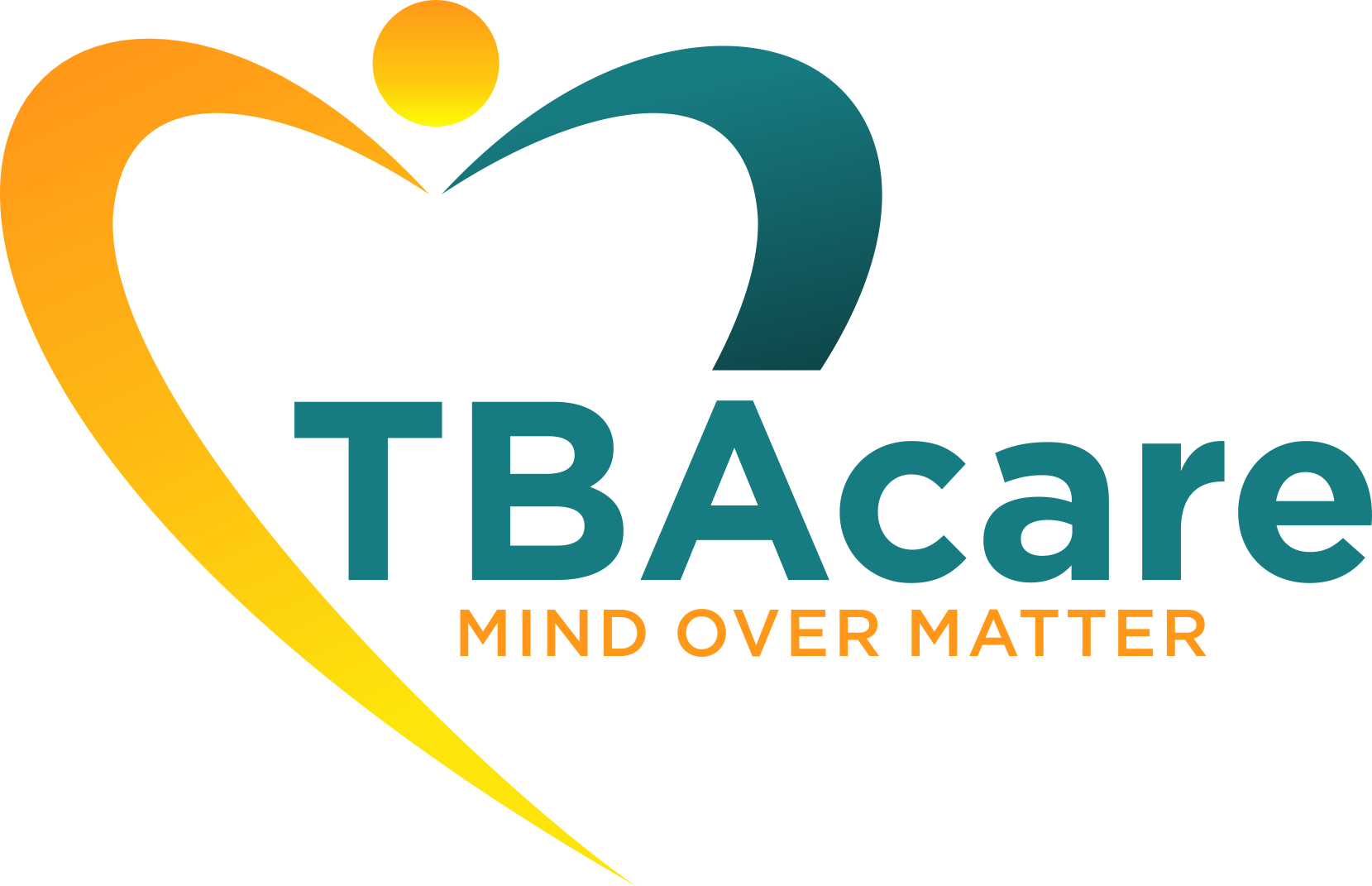Let’s continue with the 6 potential phases of a cancer journey. We have left Auntie Millie and Edwin in the treatment phase – a phase which mostly has the purpose of declaring the patient “cancer free” afterwards. Once this happens, the patient enters the remission phase on his/her cancer journey.
Ideally, this would be the last phase of a cancer journey and for a lot of patients, it is.
Auntie Millie is done with chemotherapy and surgery. She is relieved because the tests show no signs of cancer anymore. She is officially declared cancer free and in remission. Her doctor tells her to relax, go home and go back to her normal life.
That’s easier said than done, because the experiences are not easy to forget, and Millie still deals with her new body and the effects of her therapy. And anyway: How does one exactly go back to normal with everything that has happened in the last months? What about that fear of a cancer recurrence? And what is she supposed to do now?
Uncle Edwin is in a similar place as Millie. The cancer is gone – What a relief! They did it. While being overjoyed and happy, he is also exhausted. His energy is depleted, and he has a hard time coming to terms with this entire cancer journey. Something needs to change.
The doctors and his coworkers are happy for him and Millie and say things like “Well, then everything is back to normal, right?” But it doesn’t really feel that way, because he and Millie are not the same people as before. They have changed and suddenly there is time and space to ask the question: How do we continue?
Remission Phase: Going back to before?
We at TBAcare always say: Remission does come from the Latin word remittere = send back/throw back, but living “as before” is rarely the right way.
The way of living “before” has possibly been a factor in developing the cancer in the first place, so now is the time to ask what can be done differently, what can be improved. Everything is allowed to and should be analysed, evaluated, and then changed, removed or kept. Everything that is not serving the patients’ goals or health is allowed to go and everything that is good and supportive of health, relaxation, and well-being stays. This is about analysing life: Wishes, expectations, goals.
Salutogenesis as a concept for a new life
In a previous blog article, we have talked about Salutogenesis and the three factors comprehensibility, manageability and meaningfulness.

This concept is very important to us, because with these questions we can check which area needs development to further well-being. For example: Does the patient understand why cancer became a part of his/her life?
From a psychosomatic viewpoint, the symptom presenting itself in the body (= cancer = space-occupying process) is always linked to something that is missing in the conscious mind (“Where did I not occupy enough space?”). Now is the time to investigate and think about where in life the patient can take more care and improve quality of life.
Manageability and Meaningfulness are also factors that should be looked at.
More information and tips can be found in this blog article about Salutogenesis.
In summary: The remission phase is a time to take stock. Questions like:
- What do I want?
- What feels good?
- What goals do I have for my future?
- What can go because it is not serving its purpose anymore?
should be asked and answered.
Dealing with cancer doesn’t just stop now. Cancer is still a part of a patient’s life, even if only in memories. But the experiences have shaped the person (and family) and thus, this part of life shouldn’t just be forgotten. We would rather take this opportunity to look at life from a different perspective and to dive into important topics. The main goal here: Trying to find ways forward to a healthy, happy and satisfying life.
The next phase is one that we don’t wish for any cancer patient but that is unfortunately often part of a cancer journey: A cancer recurrence – the cancer is back.
Until then, all the best
Your TBAcare Team
![]()
